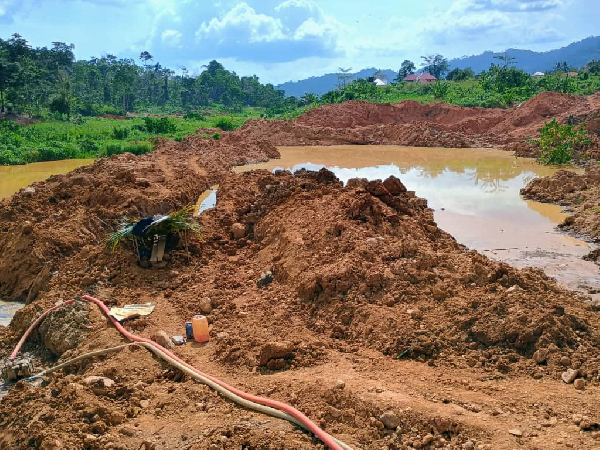Bill 207, officially titled the Protecting Children and Youth Act, introduced significant changes to the rules governing gender-affirming care in Alberta. Prior to the legislation, access to such care was determined on a case-by-case basis by medical professionals, often with parental involvement but also recognizing the mature minor doctrine – allowing adolescents to consent to their own medical treatment if deemed capable of understanding the risks and benefits. The new law sought to mandate parental consent for all gender-affirming procedures for individuals under the age of 18.
Critics argued that the law would create barriers to essential healthcare for transgender youth, potentially leading to negative mental health outcomes and increased suicide risk. They also raised concerns about the potential for family conflict and the safety of youth who may not have supportive home environments. Global News details the judge’s decision to grant the injunction, effectively pausing the implementation of the most contentious parts of the bill.
The injunction was sought by several groups, including the Canadian Professional Association for Transgender Health (CPATH) and the Alberta Civil Liberties Research Centre. They argued that the law violated the Canadian Charter of Rights and Freedoms, specifically sections relating to equality rights and the right to life, liberty, and security of the person. The court agreed, issuing an interim order preventing the government from enforcing the parental consent provisions pending a full hearing on the merits of the case.
What are the long-term implications of this legal battle? Will the Alberta government successfully appeal the injunction, or will the court ultimately strike down the legislation entirely? The outcome will have a profound impact on the lives of transgender and gender-diverse youth in Alberta and could set a precedent for similar debates across Canada.
Do you believe parental consent should be mandatory for all medical procedures involving minors, including gender-affirming care? What role should medical professionals play in determining the best course of treatment for young people?
Understanding the mature minor doctrine is crucial to grasping the complexities of this debate. This legal principle recognizes that adolescents can make informed decisions about their healthcare, even without parental consent, if they demonstrate sufficient maturity and understanding.
What is gender-affirming care?
Gender-affirming care encompasses a range of social, psychological, and medical interventions designed to support individuals in aligning their gender expression with their gender identity. This can include social transition (e.g., changing pronouns and clothing), therapy, and medical interventions such as puberty blockers, hormone therapy, and surgery.
What does the injunction actually do?
The injunction temporarily prevents the Alberta government from enforcing the sections of Bill 207 that require parental consent for transgender youth to access gender-affirming care. This means that, for now, medical professionals can continue to provide such care based on the existing standards of practice.
Why is there so much debate surrounding gender-affirming care for youth?
The debate stems from differing views on parental rights, medical autonomy, the potential risks and benefits of gender-affirming care, and the appropriate age at which individuals can make decisions about their own bodies. Concerns about detransitioning also fuel the discussion.
What is the mature minor doctrine and how does it relate to this case?
The mature minor doctrine allows adolescents to consent to their own medical treatment if they are deemed capable of understanding the risks and benefits involved. Opponents of Bill 207 argue that the law undermines this doctrine and infringes upon the rights of transgender youth to access necessary healthcare.
What are the potential consequences of restricting access to gender-affirming care?
Research suggests that restricting access to gender-affirming care can have negative consequences for transgender youth, including increased rates of depression, anxiety, self-harm, and suicide. It can also lead to social isolation and discrimination.










